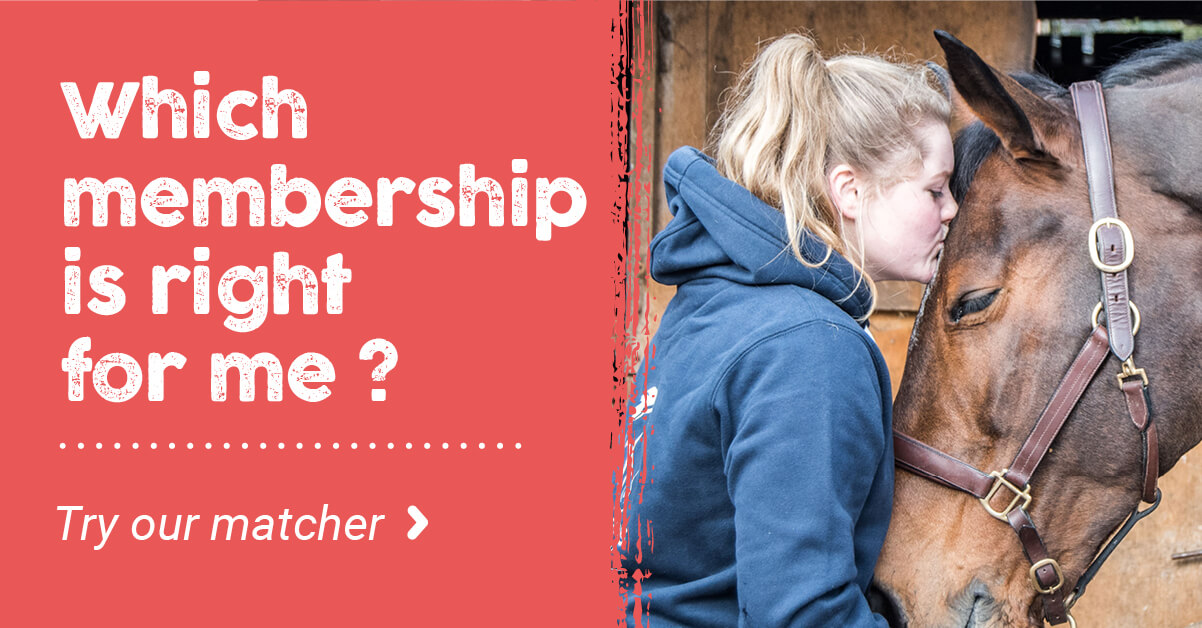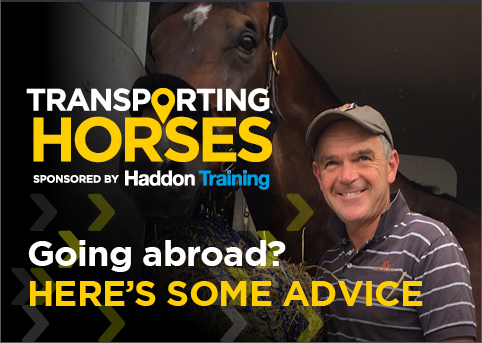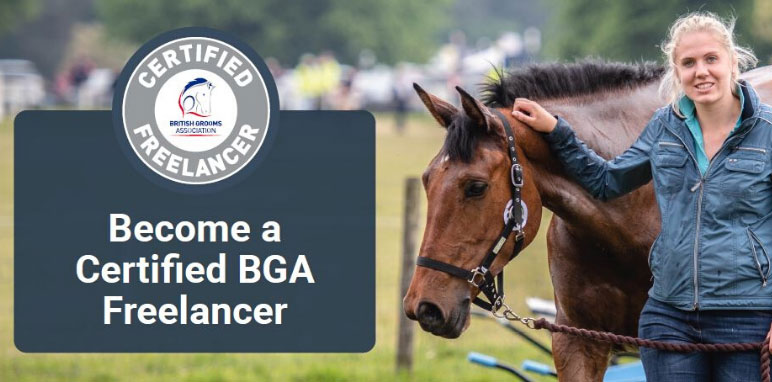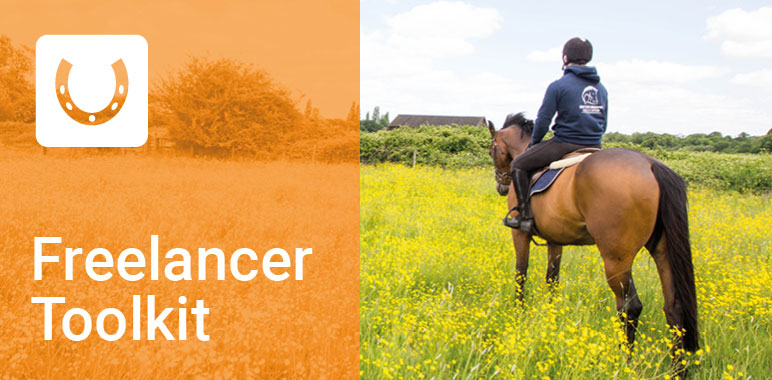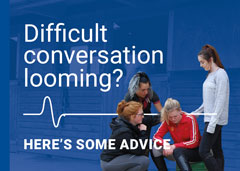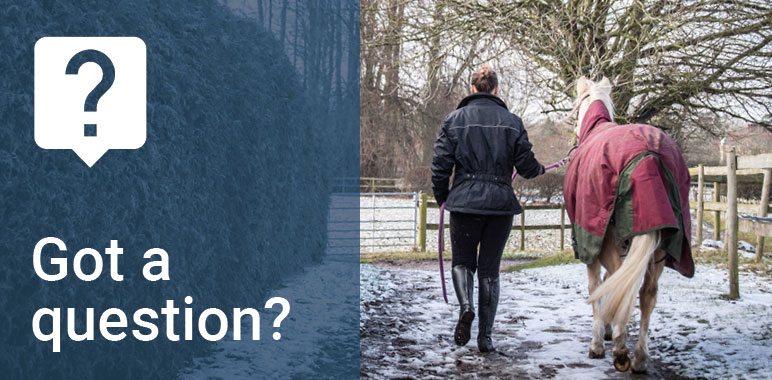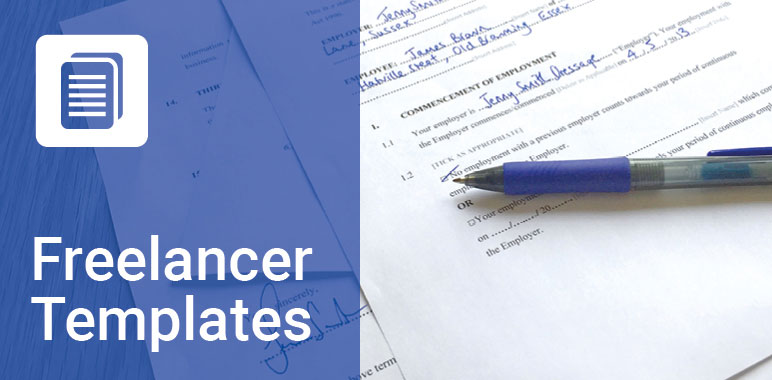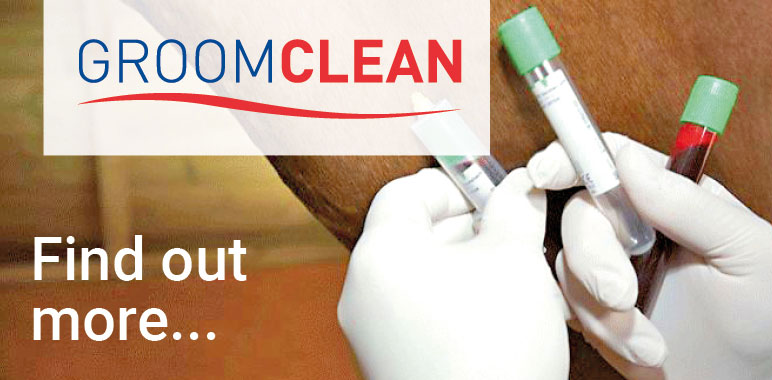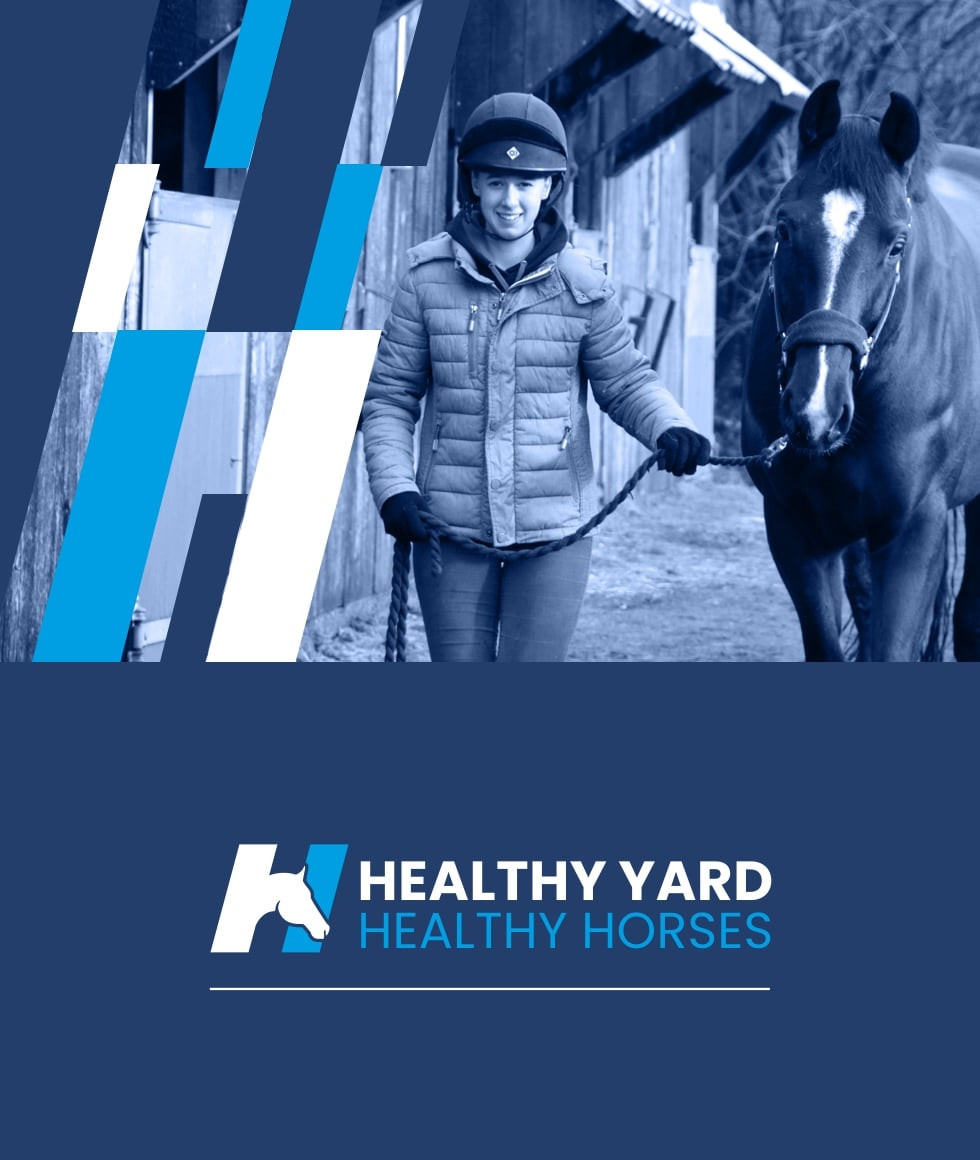- Join Now
- Login
- Member Zone
- Your Career
- Freelancing
- International Grooms Association
- BGA Training
- Healthy Yard Healthy Horses
- Transporting horses
- Brexit
- Safe workplace
- Student Zone
- Member Discounts
- BG Magazine
- Member services
- My employment
- Am I employed correctly
- Grooms Minds
- Safeguarding
- Legal Helpline
- BGA guide to the National Minimum Wage
- Training & Careers
- BGA CV Creator
- Horse groom training
- Where to Train
- BGA E Learning
- Career choices
- Change to Racing
- First Aid training for grooms
- Parents
- Grooms Jobs
- Grooms Life
- About
- News
- Contact

Managing yourself as a freelancer
17th March 2017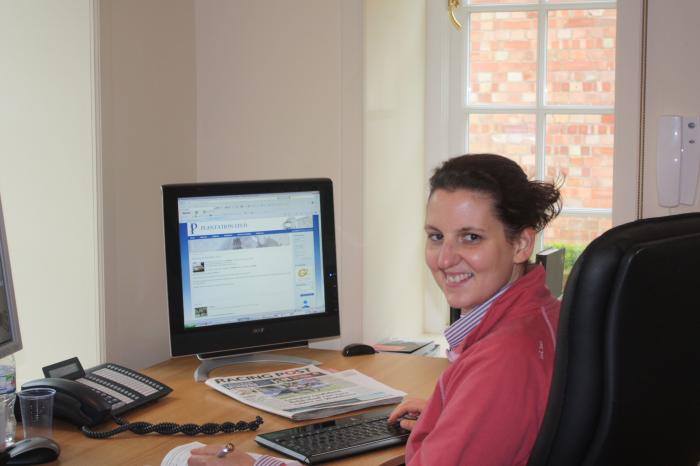
BGA Ambassador and freelance groom Kate Vickers chats about managing yourself when you are self employed.
The most important thing is to have a consistent pricing strategy which works for you. The obvious downside to being self-employed is the inconsistency with the money you earn each month, so it is important to budget for this in the quieter months.
It is essential to keep on top of your paperwork and set out clear guidelines to clients to ensure you are paid what you are owed. Although paperwork and administration can seem time consuming, by having these in place, misunderstandings can be prevented.
When it comes to contracts and managing payments I deal with businesses slightly differently than I do to private horse owners.
Businesses
• Go for an initial visit to meet the owners, horses and any other staff.
• Follow up all conversations with an email to confirm what has been agreed with regards to work, hours and prices. Send them a client agreement based on the BGA template which contains all of this information and ask them to sign a copy.
• Agree a weekly or monthly invoice system. Once they have received the invoice, again the BGA template, allow 7 days for payment. Ask for a bank transfer, then there is a clear record of payment.
Private horse owners
• I tend to ask for payment before they go away. This way everyone is clear on the overall cost and what services they will be getting for the cost.
• Completing the BGA client information form can help cover off duties and contact details.
• Ask if they would be willing for someone to assist you if you get injured.
To access the BGA templates, and for more useful information, click here.
HOW TO ARCHIVE
What the personal accident policy covers you for:
- Whilst at work
- All stable duties – mucking out, grooming, washing off, turning out
- Clipping
- Riding – including hacking and jumping
- Hunting
- Lunging
- Breaking in
- Holding horse for a vet and other procedures
- Travelling horses both in the UK and abroad
- Competing in line with your job including: jumping, dressage, eventing
- Injuries that may happen to you whilst you are teaching - but you must also be grooming as part of your duties and not be a sole instructor
What the personal accident policy doesn’t cover you for:
- Riding in a race, point to point or team chase
- Stunt Riding
- Accidents occurring whilst travelling to and from work
- Riding and competing your own horse (but you can upgrade when applying for membership to include this)
- Public Liability – this is a separate insurance policy - the Freelance Groom Liability Insurance
- Care Custody and Control – this is a separate policy - the Freelance Groom Liability Insurance
If you require additional cover then please contact KBIS directly.
| GROOM | RIDER | EMPLOYER | |
|
When you are working for other people you do most of the following; muck out, turn out/catch in, tack up, groom horses, exercise Horses (including hacking, jumping and schooling), in the care of your employer/client. |
|
|
|
| Predominantly ride horses for other people including schooling, exercising and competing. | NO |
YES |
YES |
| Provide grooming services for someone else either full time or on a freelance basis i.e. an employer or a client. | YES |
NO |
NO |
| Employ staff – have an employers liability policy in your name | NO | NO | YES |
| Buy and sell horses | NO | YES | YES |


